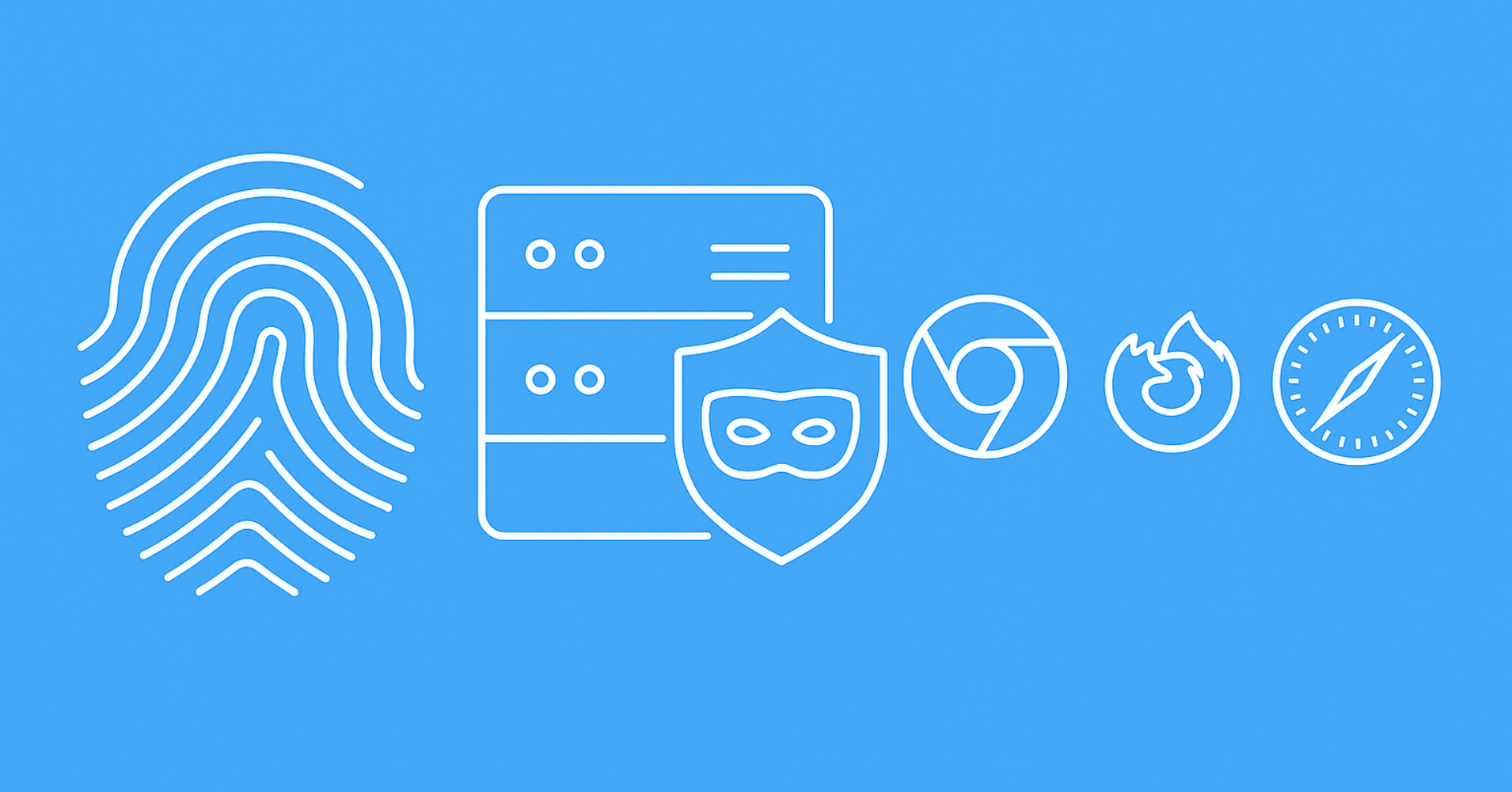Scrapy pipelines are data processing extensions that can modify scraped data before it's saved by scrapy spiders. Scrapy pipelines are often used to:
- Enhance scraped data with metadata fields. Like adding scraped item date.
- Validate scraped data for errors. Like checking scraped item fields.
- Store scraped data to a database or cloud storage. (not recommended, use feed exporters instead)
Most commonly pipelines are used to modify scraped data. For example, to add scrape datetime to every scraped item we could use this pipeline:
# define our pipeline code:
# pipelines.py
import datetime
class AddScrapedDatePipeline:
def process_item(self, item, spider):
current_utc_datetime = datetime.datetime.utcnow()
item['scraped_date'] = current_utc_datetime.isoformat()
return item
# settings.py
# activate pipeline in settings:
ITEM_PIPELINES = {
'your_project_name.pipelines.AddScrapedDatePipeline': 300,
}
Pipelines are an easy and flexible way to control scrapy item output with very little extra code. Finally, here are some popular use cases for scrapy pipelines that can help you understand their potential:
- Use
cerberusto validate scraped item fields. - Use
pymongoto store scraped items in MongoDB. - Use google sheets API to store scraped items in Google Sheets.
- Raise
DropItemexception to discard invalid scraped items.





